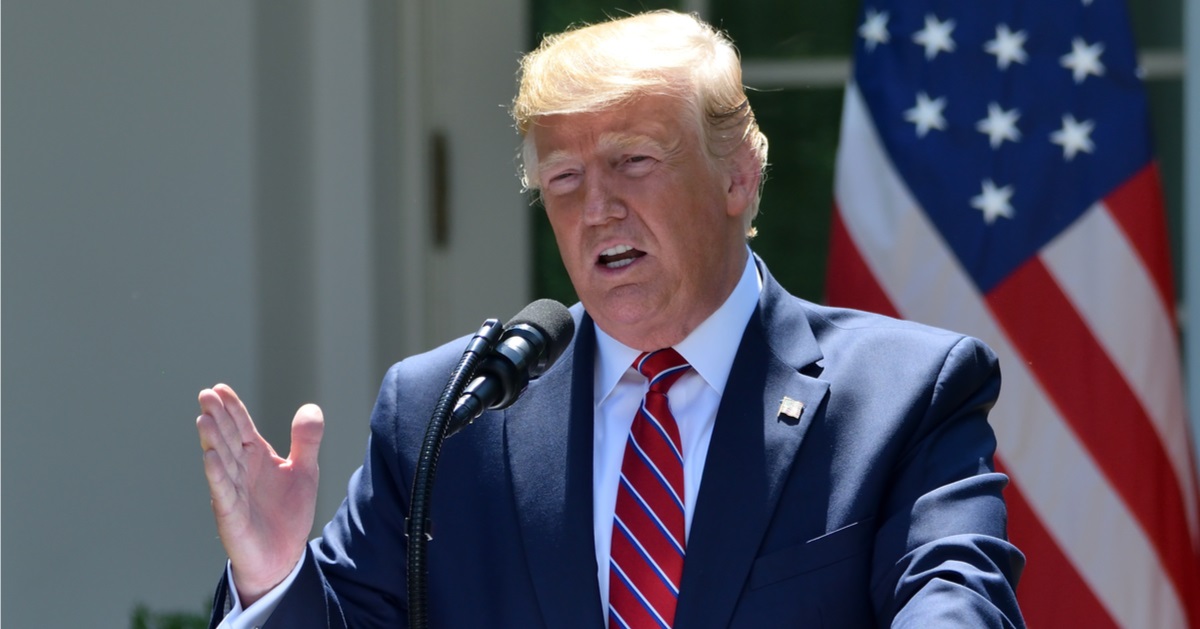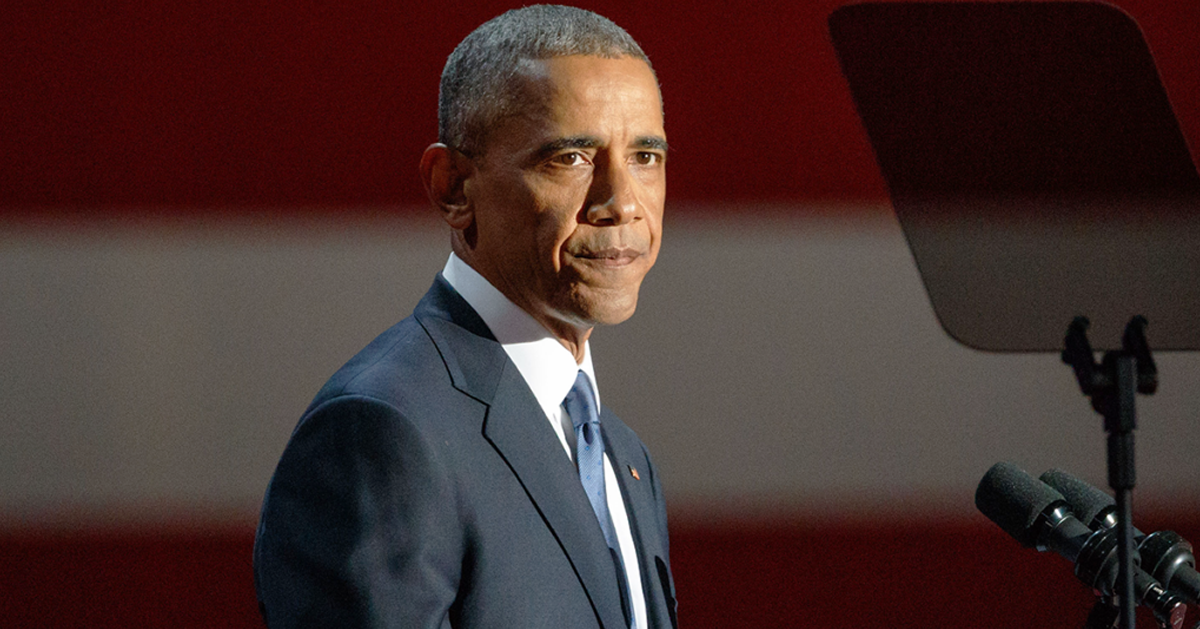Legal scholars suggest that Supreme Court will clarify meaning of birthright citizenship
Shortly after taking office, President Donald Trump signed an executive order which ended birthright citizenship for children born to illegal immigrants.
Although multiple judges have blocked the order from taking effect, some observers believe that the matter will end up before the Supreme Court.
Controversy concerns Section 1 of the 14th Amendment
One of them is Breitbart contributor and constitutional law scholar Ken Klukowski, who recently laid out a path to America's highest judicial body.
In an article published on Monday, Klukowski explained that the controversy concerns Section 1 of the 14th to the U.S. Constitution.
It states, "All persons born or naturalized in the United States, and subject to the jurisdiction thereof, are citizens of the United States and of the State wherein they reside."
The 14th Amendment was passed in the wake of the Civil War and stood as a rebuke to the Supreme Court's ruling in Dred Scott v. Sandford, which held that an African American was not and never could be considered a citizen of the United States.
While Trump's critics maintain that the text guarantees citizenship to any individual whose birth took place on U.S. soil, supporters say that the words "subject to the jurisdiction thereof" were intended to place limits on citizenship eligibility.
Debate over meaning of "jurisdiction"
As evidence of this, Klukowski pointed to remarks made by Michigan Republican Sen. Jacob Howard when the 14th Amendment was being debated.
… that the word “jurisdiction,” as here employed, ought to be construed so as to imply a full and complete jurisdiction on the part of the United States, coextensive in all respects with the constitutional power of the United States, whether exercised by Congress, by the executive, or by the judicial department; that is to say, the same jurisdiction in extent and quality as applies to every citizen of the United States now.
What's more, Illinois Republican Sen. Lyman Trumbull the 14 Amendment's wording excludes those who owe "partial allegiance" to "some other Government."
Meanwhile, the Supreme Court found in Elk v. Wilkins that Native Americans who were born on reservations were not entitled to citizenship as tribes were semi-independent nations.
Supreme Court ruled that son of legal residents was a citizen
Klukowski noted that while the Supreme Court did rule in U.S. v. Wong Kim Ark that the native born son of Chinese immigrants was a citizen, his parents were lawful permanent residents.
Supreme Court Path for President Trump on Birthright Citizenshiphttps://t.co/HWyGpIR7aX
— Aerial SharpShooter 🇺🇸🇯🇵🏴☠️ (@MMCBELL) February 18, 2025
Given the lack of guidance from the Supreme Court on the issue, Klukowski believes that its justices will have an opportunity to provide clarity.




